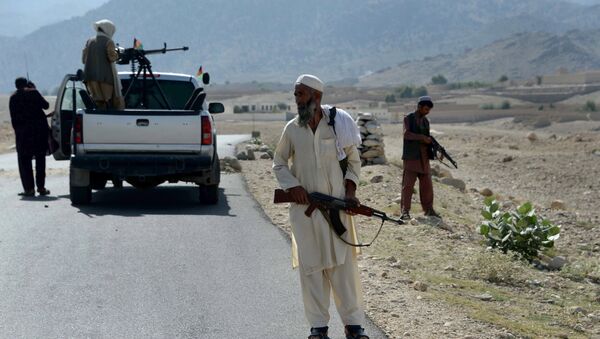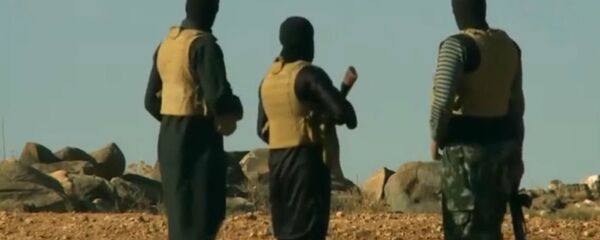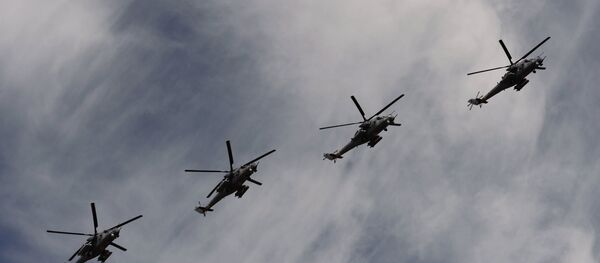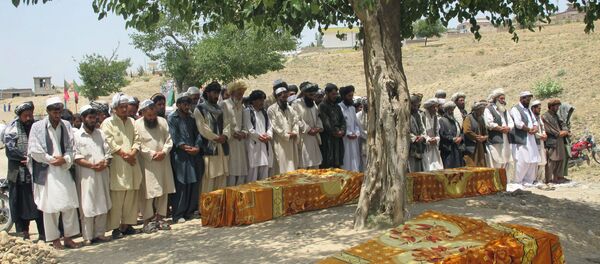The second story, reported on by The Times over the weekend, suggests that Daesh, the terrorist group which established a self-proclaimed caliphate in Iraq and Syria last year, has created a new outpost, located in the Nangarhar province in eastern Afghanistan, south of the city of Jalalabad.
Commenting on the prospects of a Daesh takeover of the Central Asian country, Sputnik Dari columnist Pyotr Goncharov suggested that in the interests of saving Afghanistan, it may be necessary to align with an unlikely partner.
Daesh's advance into Afghanistan, according to The Times, is linked to the withdrawal of Western combat troops from the country and to a split within the Taliban. The Pentagon has said that they are entirely aware of the presence of Daesh-affiliated militants, and are now closely monitoring the situation, "constantly evaluating whether their appearance will affect the nature of the threat in the region."
Commenting on the statement, Goncharov noted that with "the US and NATO completely losing control over the situation in Afghanistan, they are now trying to put a brave face on a sorry business, stating that they 'knew' about the appearance Daesh in Afghanistan, and that they are now monitoring the impact this may have on security in the region."
As far as the possible Russian assessment of the unfolding situation is concerned, Goncharov notes that "there is one thing here which can only alarm the Russian General Staff. Daesh in Afghanistan uses the same tactics as they did in Iraq and Syria –first discreetly penetrating the region, and then announcing the seizure of territory. According to the General Staff, the number of [Daesh] militants in Afghanistan has reached 3,500 persons. These figures are serious enough, when we consider that the terrorist group first appeared in Afghanistan only last year."
"It is generally assumed," Goncharov explains, "that Daesh in Afghanistan is recruited from among the Taliban –mostly from Pakistan, and by Chechen and Uzbek militants. Daesh's leaders are said to be staking their bets on the country's national minorities, and on fighters from regional terrorist organizations. But this is an outsider's view. How do the Afghans themselves perceive Daesh?"
Speaking to Goncharov for Sputnik Dari, Sayed Ishaq Gailani, the leader of the National Solidarity Movement of Afghanistan, emphasized that "the Daesh phenomenon, which is new to Afghanistan, is not under any circumstances acceptable to the Afghan people."
Serving in the country's lower house of parliament, Gailani noted that he had previously "warned the international community that today's Taliban could be met with someone else, who would make the Taliban seem like saints by comparison."
For his part, Goncharov notes that unfortunately, Gailani may be right, since Daesh is strengthening its positions in Afghanistan by the day, and becoming a security risk to the Central Asian region as a whole. "And if anyone thinks that Daesh will need 4-5 years in order to gain the same strength the group has in Iraq and Syria, they are mistaken, for Daesh has a powerful network of financial support."





